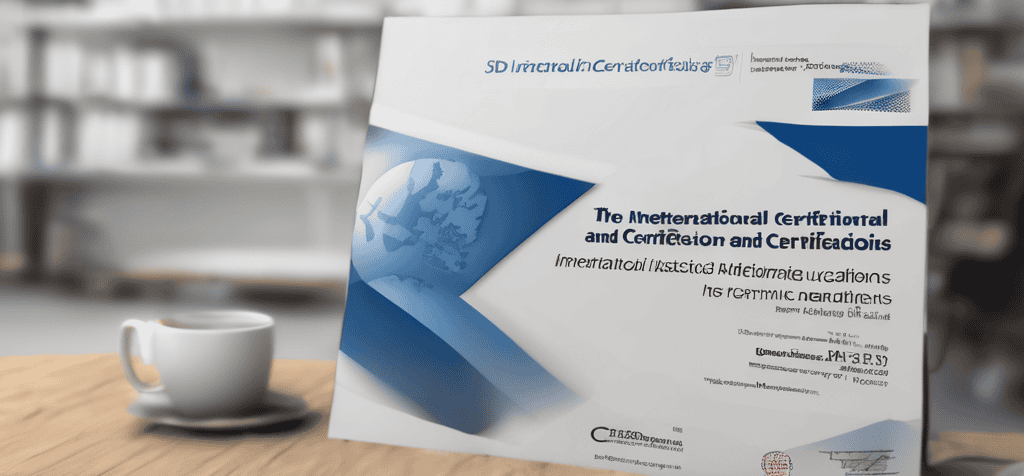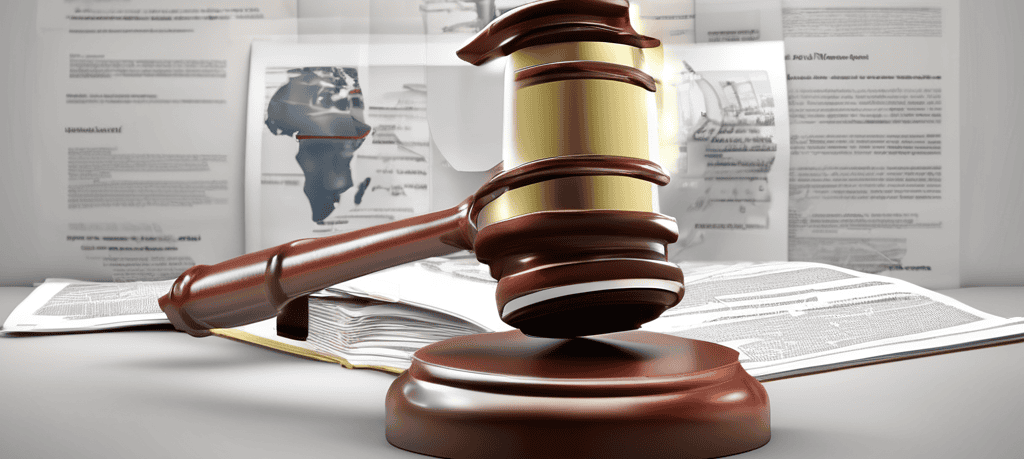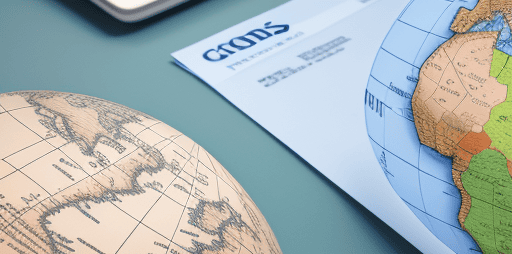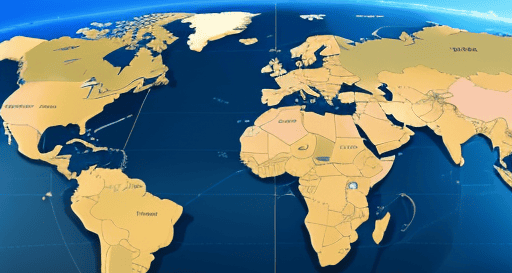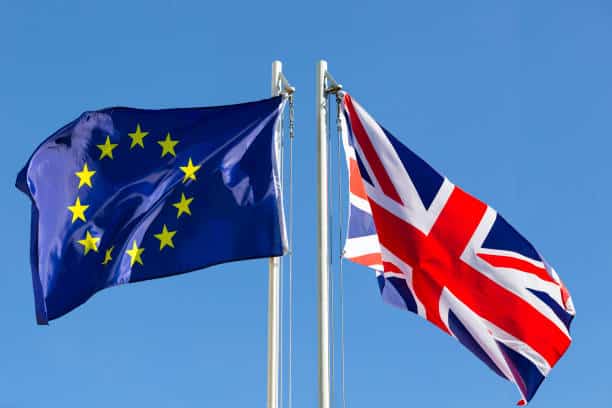International intellectual property law plays a vital role in protecting innovation, preserving competitive advantage, and ensuring legal compliance for businesses operating in the global arena. By conducting IP audits, securing IP rights through registration, implementing contractual protections, and monitoring and enforcing IP rights, businesses can safeguard their intellectual property assets and capitalize on opportunities in diverse markets.
In today's knowledge-driven economy, intellectual property (IP) assets are among the most valuable assets for businesses, providing a competitive edge, driving innovation, and fostering growth. However, in the interconnected world of international business, protecting intellectual property rights across borders presents unique challenges and complexities. Here, we explore the importance of international intellectual property law for businesses and strategies for safeguarding IP assets in the global arena.
The Importance of International Intellectual Property Law
- Protecting Innovation and Creativity:
Intellectual property law safeguards the rights of creators, innovators, and inventors by providing legal protection for their original works, inventions, and designs. Protecting intellectual property encourages investment in research and development, promotes innovation, and drives economic growth.
- Preserving Competitive Advantage:
Intellectual property rights confer exclusive rights to the owners, enabling them to prevent unauthorized use, reproduction, or exploitation of their IP assets by competitors. Protecting IP assets preserves the competitive advantage of businesses and safeguards their market position in the global marketplace.
- Ensuring Legal Compliance:
Compliance with international intellectual property law is essential for businesses engaged in cross-border transactions to avoid legal disputes, litigation, and reputational damage. Adhering to IP laws and regulations demonstrates a commitment to ethical business practices and responsible corporate citizenship.
Strategies for Protecting Intellectual Property Internationally
- Conduct IP Audits and Assessments:
Conduct regular audits and assessments of intellectual property assets to identify vulnerabilities, assess risks, and prioritize protection strategies. Evaluate the scope of protection required for patents, trademarks, copyrights, and trade secrets in target markets to develop a comprehensive IP protection strategy.
- Secure IP Rights through Registration:
File for patents, trademarks, and copyrights in jurisdictions where business operations are conducted or where market expansion is planned. Secure IP rights through registration to establish legal ownership, prevent infringement, and enforce IP rights effectively in the event of disputes.
- Implement Contractual Protections:
Include robust IP protection clauses in contracts, licensing agreements, and partnerships to safeguard IP assets and delineate rights and responsibilities of parties involved. Clearly define terms of use, ownership rights, confidentiality provisions, and dispute resolution mechanisms to mitigate risks and ensure compliance.
- Monitor and Enforce IP Rights:
Implement monitoring systems to detect infringement, unauthorized use, or counterfeiting of IP assets in target markets. Take prompt action to enforce IP rights through cease-and-desist letters, litigation, or administrative proceedings to deter infringers and protect the integrity of IP assets.
#IntellectualProperty #InternationalLaw #IPProtection #Patents #Trademarks #Copyrights #TradeSecrets #LegalCompliance #InnovationProtection #BusinessStrategy
Read more views





































